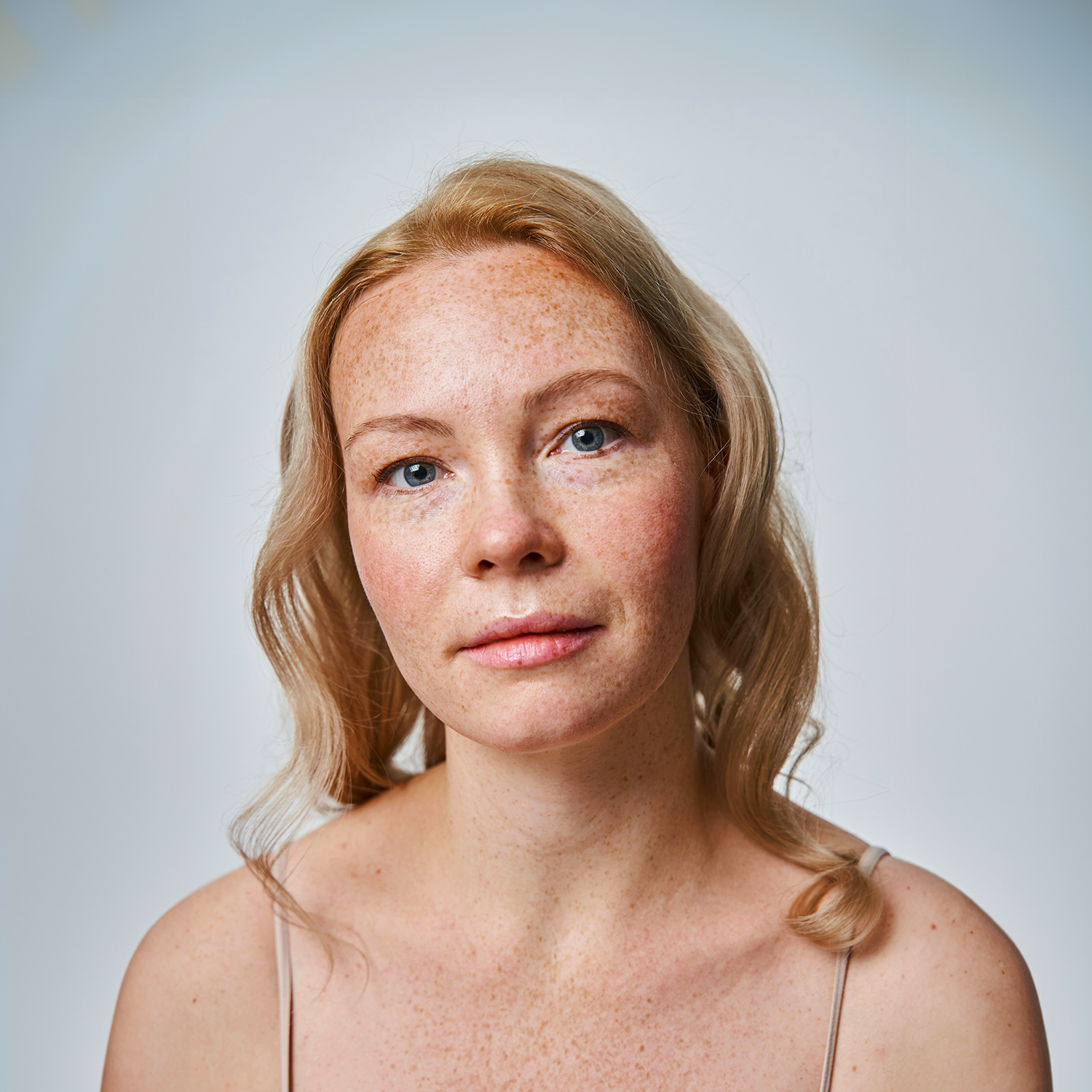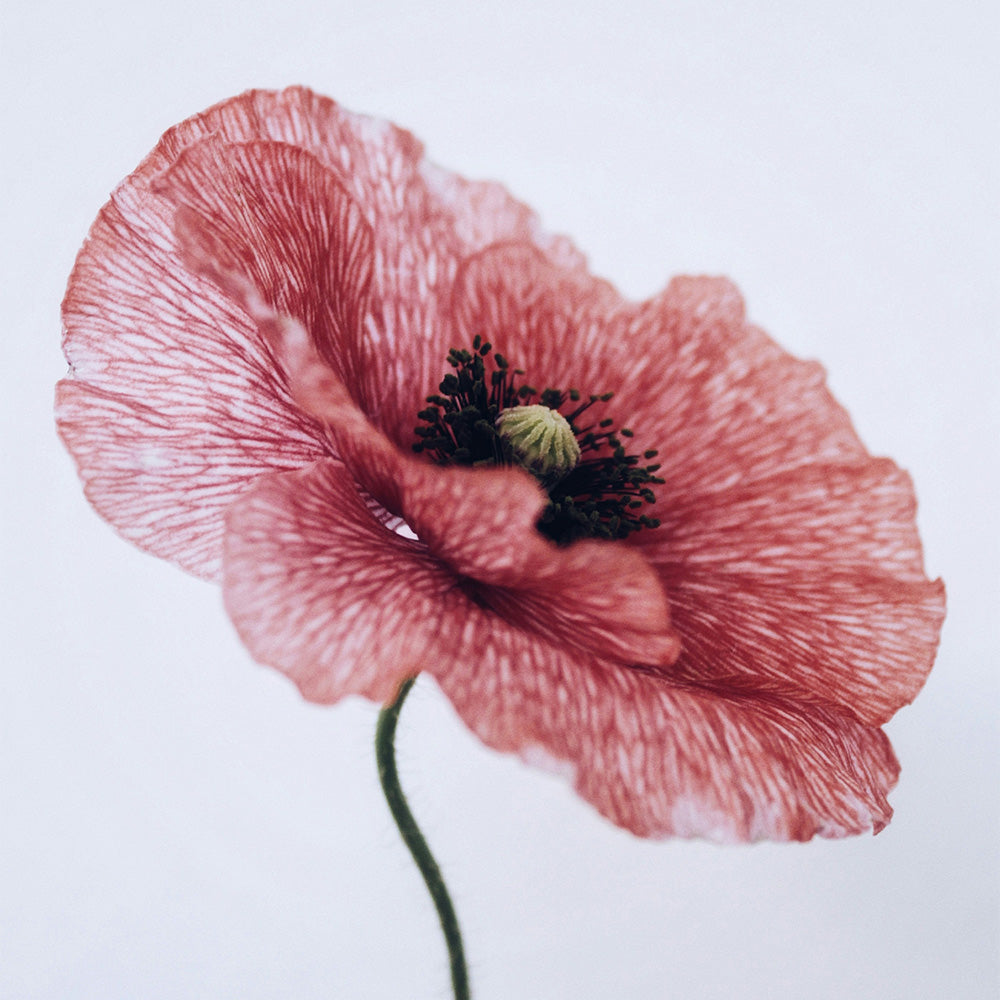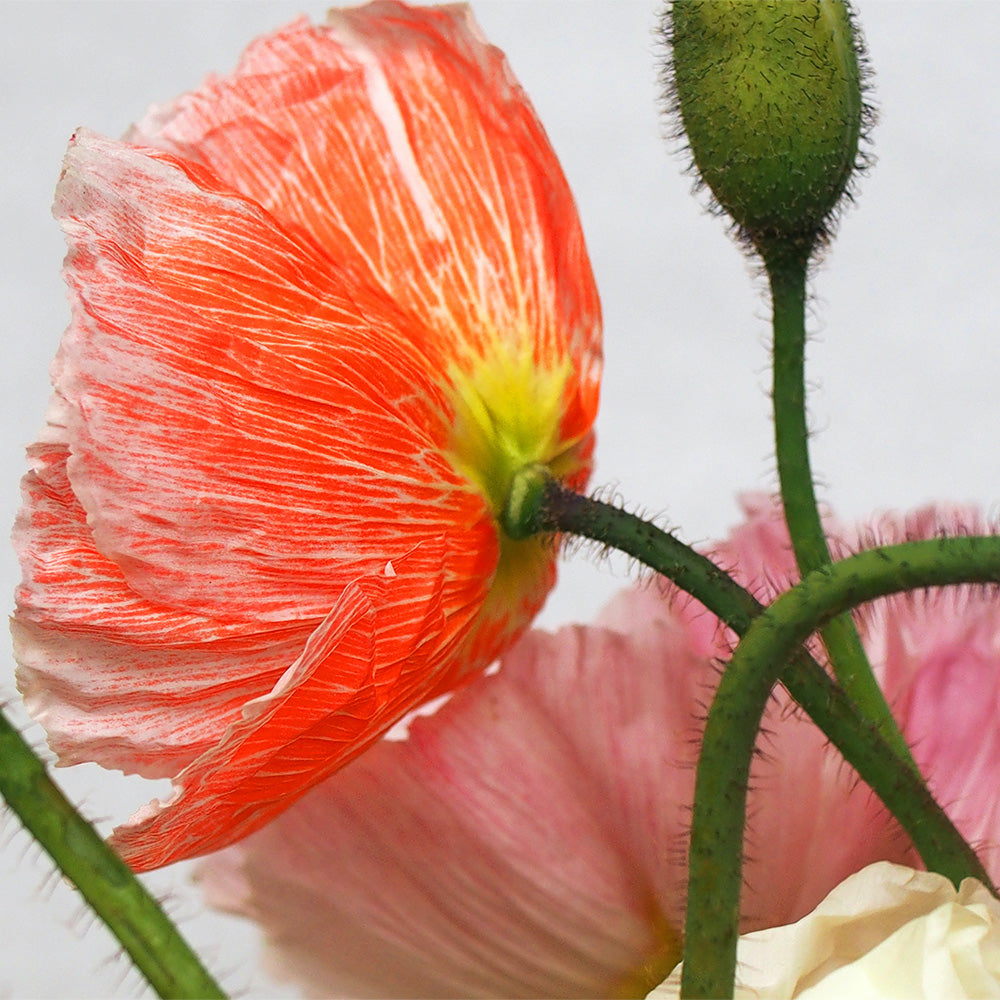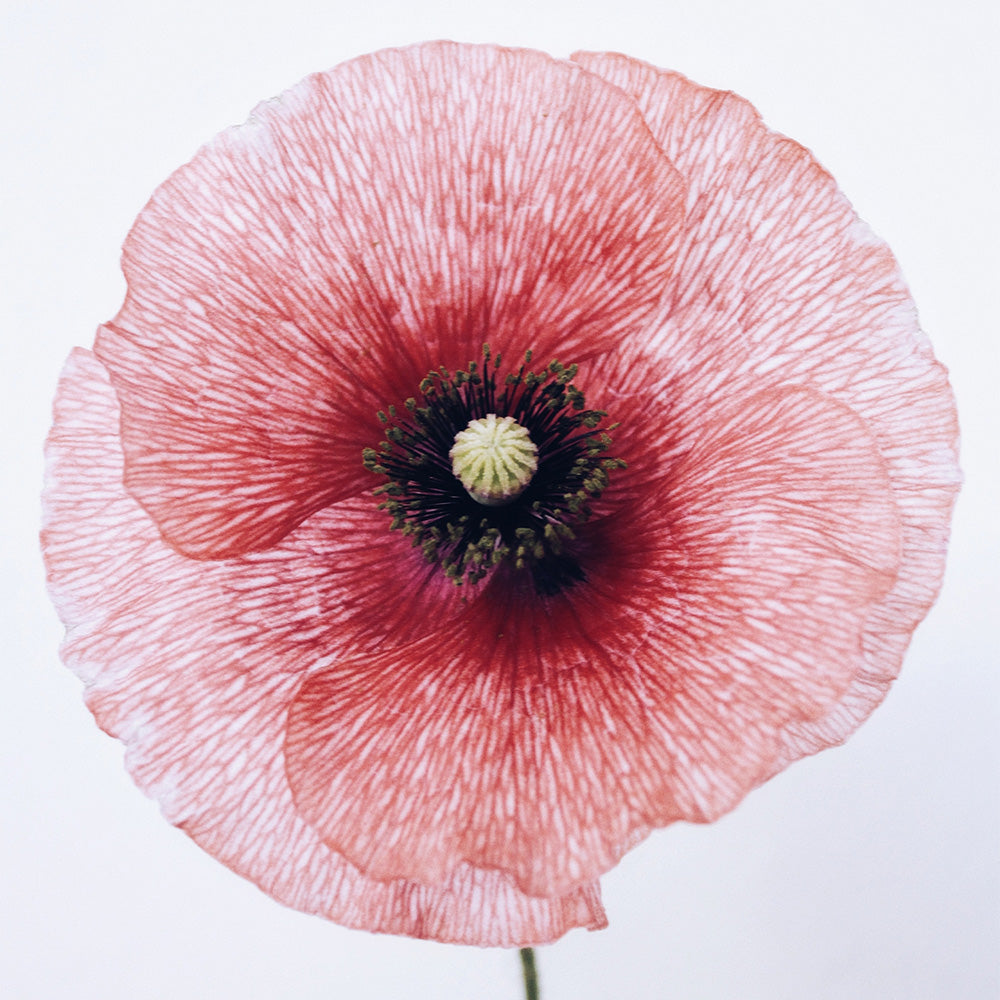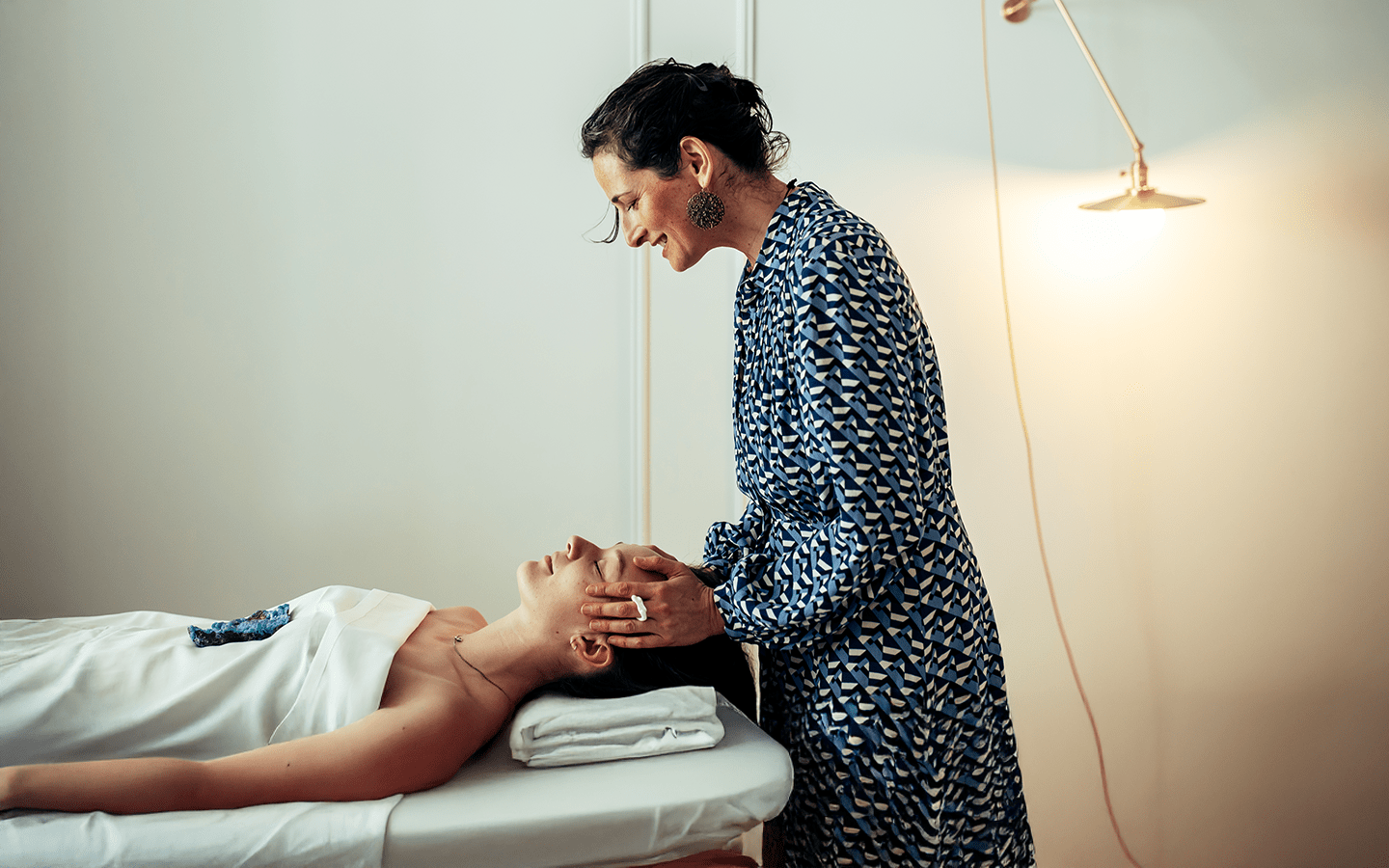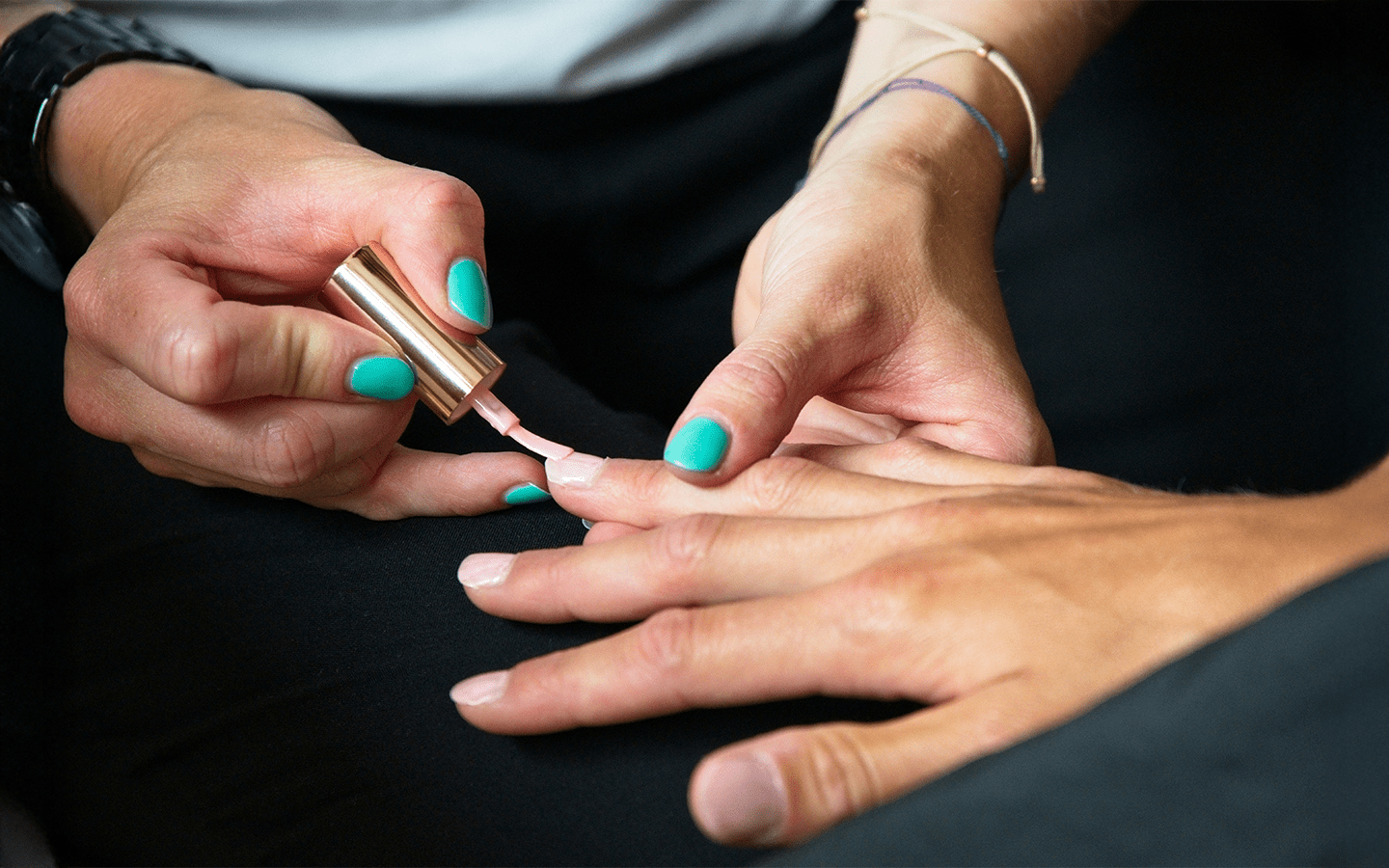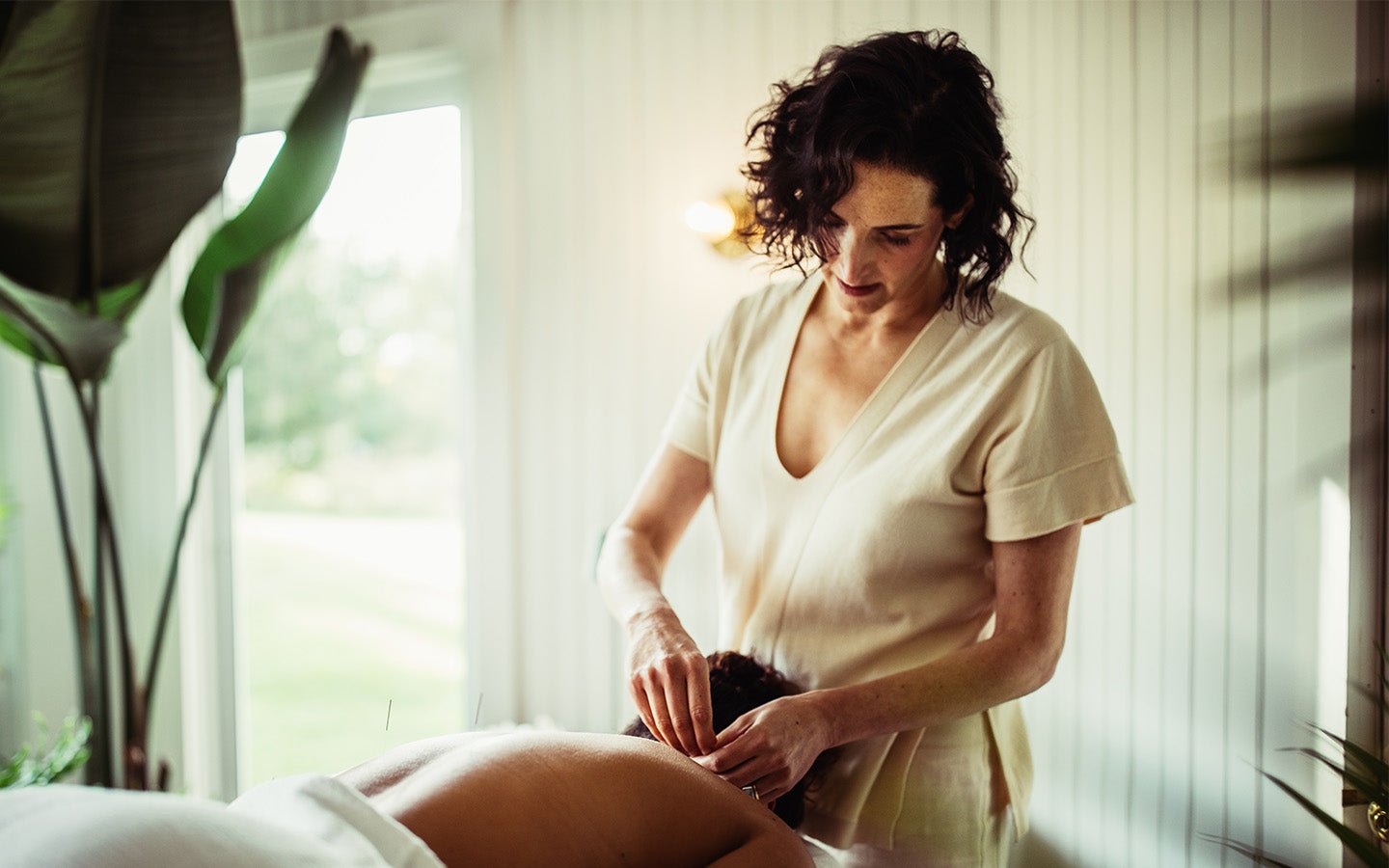
What to Expect During Your First Acupuncture Visit
Curious about acupuncture but feeling a bit nervous? Don't worry! Many first-timers have the same concerns. This guide will walk you through what to expect during your first visit, helping you feel more relaxed and excited about trying this ancient healing practice.
Introduction to Traditional Chinese Medicine and Acupuncture Treatment
Let me tell you a bit about Traditional Chinese Medicine (TCM), which is where acupuncture comes from. Acupuncture practitioners take a holistic approach, assessing patients through extensive questionnaires about health and lifestyle. Have you ever had tightness in your shoulders that won’t go away? Or, no matter how much coffee you drink, exhaustion has moved in like a dense fog, with no forecast for it to lift? Acupuncturists believe that health problems like these are the result of energy being blocked. We call this energy, qi (pronounced “chee”), and our job is to identify blockages in the body and insert needles to allow qi to flow more smoothly.
Acupuncture treats a wide range of health conditions, emphasizing its acceptance in China as a standard medical practice rather than an alternative therapy.
Overview of Acupuncture
Acupuncture is a fascinating and ancient form of traditional Chinese medicine that has been practiced for over 2,500 years. At its core, acupuncture involves the insertion of thin, sterile needles into specific points on the body, known as acupuncture points. These points are strategically chosen to stimulate the body’s natural healing processes and restore balance to the flow of energy, or qi (pronounced “chee”), within the body.
According to traditional Chinese medicine, qi flows through the body along pathways called meridians. When this flow is disrupted, it can lead to various health issues. By carefully inserting needles into the acupuncture points, practitioners aim to unblock these pathways, allowing qi to flow freely and promoting overall health and well-being. This holistic approach not only addresses physical symptoms but also supports emotional and mental balance.
How I View Supporting Women
My practice is dedicated exclusively to women’s health and beauty. I specialize in acupuncture, lymphatic drainage, and herbal remedies to help women achieve vibrant health and natural beauty. I also incorporate Chinese herbs in customized formulas tailored to individual health conditions. The philosophy that has resonated with me the most is that true beauty emanates from inner balance and well-being. When we feel good on the inside, we radiate beauty. My life’s work is in service of women finding their balance.
Welcome to My Practice. What the Studio Strives to Be
I have created the studio as an oasis for women to rejuvenate and revitalize their bodies and minds. The initial assessment includes questions about family medical history to better understand each patient's overall health. Each session is unique and adjusts to the ever-changing balance of body, mind, emotion, and environment we experience as women. This space is a sanctuary where women’s health is celebrated, nurtured, and elevated to its highest potential.
Preparing for Your First Acupuncture Session

Now that you know the basics of TCM, let’s talk about your visit. Acupuncture is a legitimate medical treatment and may not be suitable for everyone. Before you arrive, make a short list of the health concerns that are most pressing for you. Wear loose-fitting clothes and have a light snack beforehand. After intake, I will insert small, unobtrusive needles and put on relaxing music so you can rest. Periodically during the session, I will come in to add or remove needles, but for most of the session, it is time for you to chill.
I often prescribe herbal medicine to enhance the acupuncture treatment further. These herbs come in capsules, so they are easy to swallow and are chosen for your particular concerns to help bring your system into balance. Like other medical treatments, acupuncture may requires consultation with a doctor to ensure it is appropriate for your individual needs.
The Acupuncture Treatment Process
The acupuncture treatment process is a journey tailored to your unique needs. It typically begins with an initial consultation, where your practitioner will take the time to understand your medical history, lifestyle, and specific symptoms. This comprehensive intake helps to identify the underlying causes of your condition and craft a personalized treatment plan just for you.
During the acupuncture session, the practitioner will insert fine, sterile acupuncture needles into specific points on your body. These needles are incredibly thin, and their insertion is usually painless. Depending on your treatment plan, the needles may be gently stimulated manually or with the aid of heat or electrical impulses to enhance their effectiveness. The needles are typically left in place for about 15-30 minutes, during which you may experience a sensation of relaxation, warmth, or even a gentle tingling.
Risks and Side Effects
While acupuncture is generally considered a safe and effective form of alternative medicine, it’s important to be aware of potential risks and side effects. Some common, mild side effects include soreness or bruising at the needle site, dizziness, or lightheadedness. Occasionally, some individuals may experience nausea or vomiting.
In rare cases, more serious complications such as infection or nerve damage can occur. To minimize these risks, it is crucial to seek treatment from a qualified and licensed acupuncture practitioner who uses sterile needles and adheres to strict sanitation procedures. By choosing a reputable practitioner, you can ensure a safe and positive acupuncture experience.
Finding the Right Acupuncturist
Finding the right acupuncturist is key to a successful and safe acupuncture treatment. Here are some tips to help you choose a qualified practitioner:
-
Check for licensure and certification: Ensure that the practitioner is licensed to practice acupuncture in your state and certified by a reputable organization, such as the National Certification Commission for Acupuncture and Oriental Medicine (NCCAOM).
-
Ask for referrals: Seek recommendations from friends, family members, or healthcare professionals who have had positive experiences with acupuncture.
-
Check online reviews: Research the practitioner’s reputation online and read reviews from other patients to get a sense of their expertise and patient care.
-
Check their experience: Look for a practitioner with experience in treating conditions similar to yours. This can provide additional confidence in their ability to address your specific health concerns.
Results and Follow-Up
The results of acupuncture treatment can vary widely from person to person and depend on the condition being treated. Some individuals may experience immediate relief from symptoms, while others may require several sessions to achieve optimal results. It’s important to have realistic expectations and understand that acupuncture is a process that may take time.
To ensure the best possible outcome, regular follow-up sessions with your practitioner are essential. During these visits, you can provide feedback on your progress, allowing your practitioner to adjust your treatment plan as needed. Additionally, your practitioner may recommend complementary treatments, such as herbal remedies or lifestyle modifications, to support your overall health and well-being.
I hope this helps! Let me know if you need any further assistance.
